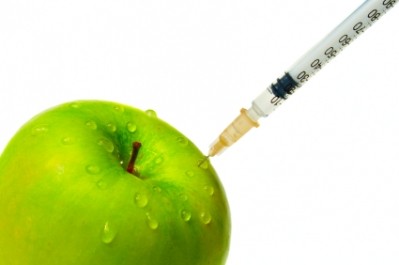Sederma adopts plant cell culture technology to produce ingredients
According to the France-headquartered ingredients company, the technology exploits the power of plant stem cells, using them to produce metabolites of interest.
The company claims that the technology is more sustainable as there is limited plant material needed so little environmental destruction, as well as limited use of solvents and no need for the transportation of crops.
In addition, Sederma highlighted that as there is no need to harvest quantities of plant material, there are no seasonable alterations in the supply.
Furthermore, Sederma claims the resulting ingredients can be engineered to have a high quantity of selected phytochemicals, as well as not containing fertilizers, pesticides or preservatives.
One of the company’s new anti-ageing ingredients, to be launched and commercialised during the first part of 2011, will be produced exclusively using this new technology, it said.
Cell culture technique growing in cosmetics
A similar technique of using the plant stem cells to produce cell cultures in the laboratory is being used by fellow cosmetics ingredients supplier Mibelle Biochemistry.
Launched in 2008 the PhytoCellTec Malus Domestica, is an anti-ageing ingredient based on the stem cells of a rare apple species and was the first to be commercialised by Mibelle using its PhytoCellTec technology.
Mibelle too highlighted the sustainability of the method, saying it would be particularly useful to breed cells in the laboratory that are rare, protected or seasonal.










